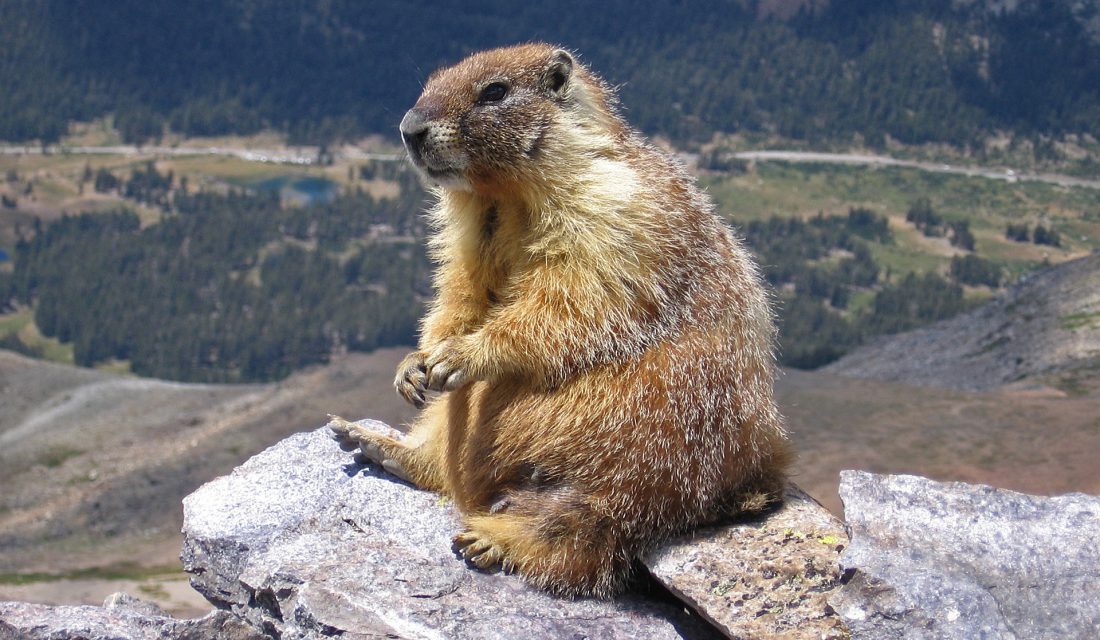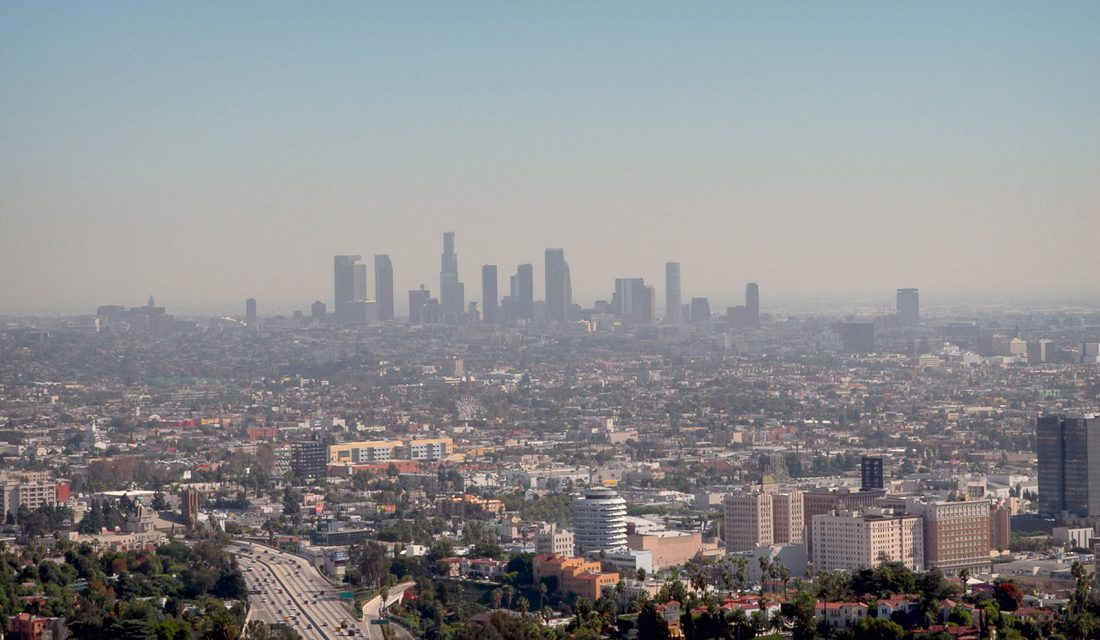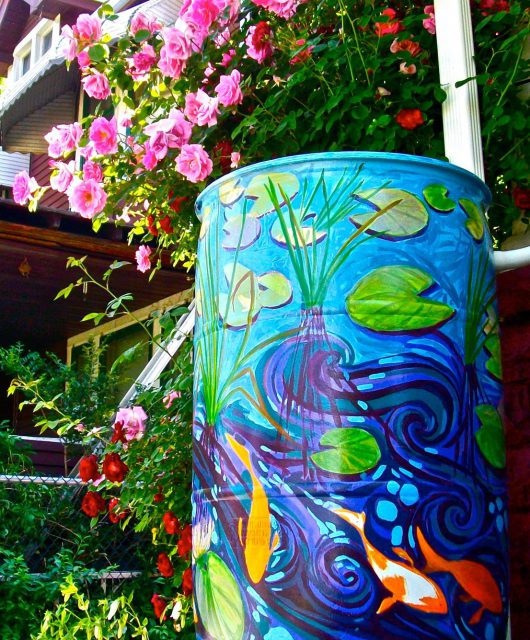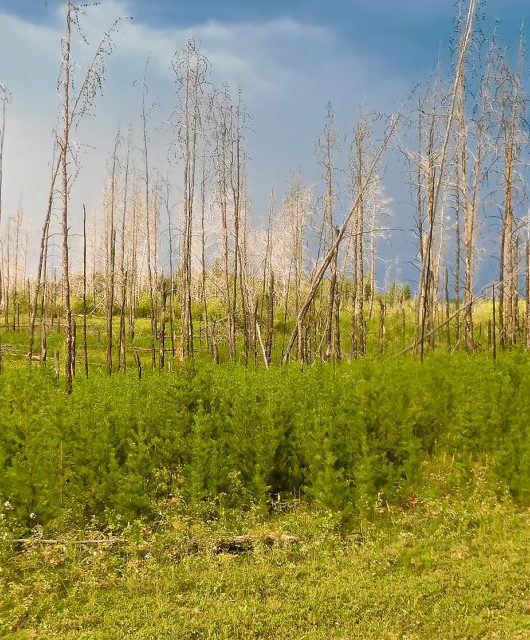Are we witnessing a mass extinction?
Life began on Earth 3.8 billion years ago. Since then it’s been through a lot — including five mass extinctions.
That last extinction occurred 65 million years ago when it is believed that a six mile wide asteroid hit the earth killing off the dinosaurs. Many scientists agree that the next mass extinction might happen sooner rather than later — as in, it’s already underway.
The Sixth Extinction

You see, species are going extinct at a rate that this planet has never seen before. According to The Sixth Extinction – An Unnatural History, by Elizabeth Kolbert, we’re losing some species 45,000 times faster than we ever did before. With the rate we’re going, we could lose between 20 to 50 per cent of our species within the century.
We could lose between 20 to 50 per cent of our species within the century.
Scientists believe that one-third of freshwater mollusks, sharks and coral reefs are well on their way to vanishing from our waters. Moreover, a quarter of our mammals, a fifth of our reptiles and a sixth of our birds are on their way out too. And every time another species goes extinct, we are all witnessing something we shouldn’t be able to witness.
The Cause? You Guessed It…

Why in the world are we headed in this downward spiral? Sadly, the culprit is largely because of you and I.
Humans have really taken over. Our population is exploding and we are digging our grubby fingers into things all over the globe — tinkering with the soil, water, air and more.
Think about it, since the industrial revolution we’ve added nearly 365 billion metric tons of carbon to the atmosphere by burning fossil fuels, and 180 billion tons more by cutting down forests. We’re also placing dams in our rivers, fishing immense amounts of the ocean’s fish, and using more and more of the world’s water.
Plus, thanks to us, species are getting around in a way that would never have been possible just a few short centuries ago. Species are being transported in airplanes and cargo vessels from one continent to another, introducing a range of invasive species that put native species at risk.
The Cost of Convenience
What we need is a little bit of perspective. So many of our decisions are based on convenience and making life easier that we forget to ask ourselves — but at what cost? Who will pay the price? It might be the brightly coloured butterflies that visit your garden every spring. Or the majestic whales that have swam our oceans for centuries. Are we really willing to risk losing these beautiful creatures?



9 comments
No doubt man is a significant contributor to pollution. Unfortunately so is nature.
As humans the key area we can control is what we put into the environment. Again our politicians have another agenda that is not consistent with reducing pollution, but rather trying to position CO2 as the cause of the problem and thereby using CO2 as the whipping boy to generate a new source of taxing.
In my view, the single most problem we have is plastic. Unfortunately for politicians it is difficult to find a way to tax plastic. Thus is has been ignored until now with the realization by groups such as yours that we have a problem. A problem that politicians have not got a clue how to benefit from this knowledge.
CO2 going to the atmosphere does not cause pollution. The impurities that are tied to CO2 burning does.
Fortunately some small steps are being taken to move toward cleaning burning where the products of burning are CO2 and H2O. Both required by plants and humans. However the world politicians ignore this and continue to try and deflect the dialogue. One simple step that politicians ould take is to eliminate private jet travel. If a world wide step is taken to eliminate private jet travel when there is less than, say 10 passengers are been flown, the impact on true pollution to the atmosphere would be amazing. Will the Al Gores and David Suzuki’s accept this or even promote it? They are the hypocrites who need to be exposed.
Very worrying indeed. Posted this on my Face Book page. David
These are excellent points.
Good post…but that’s NOT a Vancouver Island marmot
Thank you, Andrew! It is a bit tricky getting the correct photo for the Vancouver Island marmot. We would LOVE to have one or two ‘go-to’ images to help us bring awareness to this species. If you are so willing, we would be so pleased if you would donate one of yours to our Canadian wildlife photo database. You could either upload one online at http://cwf-fcf.org/en/resources/photography/members/ (you have to be logged in to do so) or reply here.
Regardless, thanks for the heads up!
Yes we are a clever species indeed.
We have done more damage to this world and to the other species that share it with us in the last 100 years than nature has in the millions before it.
Good article…n I agree with John zupancic…but no one ever addresses solutions …a) we have cut down most of the foilage that ABSORBS …CO2…and PRODUCES 02…guess what RE-PLANTING our PLANET’s … PLANTS…would do? … We want to blame technology … N limit creativity … But the solution is PLANT TREES …instead of finger pointing while we ALL head toward the abyss … 2nd…pulling out all the planets crust lubricant (oil) in causing the crust to ‘stick’ resulting in earthquakes n volcanoes …stop using oil n instead use teslas energy options n that would fix that as well … There are other issues …such as how the urinated out psych meds …from our stressed out people … going into the oceans … Are tranquillizing the ocean mammals causing them to drown … But given we can’t solve everything overnight …first thing is …plant trees … And we’ll deal with the rest as we are able
the eventual extinction of mankind is to be encouraged, 1: we are a parasitic life form that just devours all of earths resources for its own needs, regardles of the harm we do to our hosts ( the earth) health, the sooner this planet is cleansed of us as a species, the sooner it can begin to repair its self. 2: out extinctintion will also prevent the spread of a deadly parasite to other worlds.
Trees take too long…. think about planting HEMP… CANNABIS… everywhere possible, much much faster than Trees….